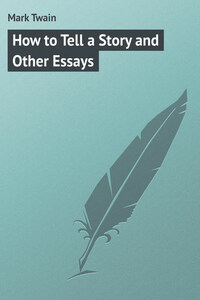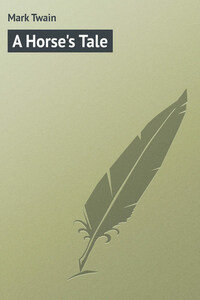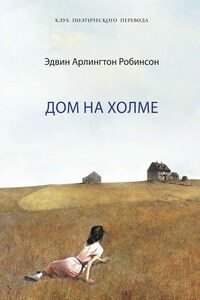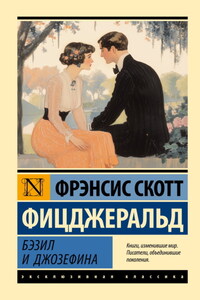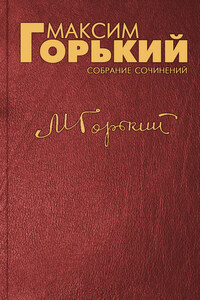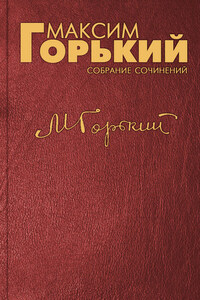I have committed sins, of course; but I have not committed enough of them to entitle me to the punishment of reduction to the bread and water of ordinary literature during six years when I might have been living on the fat diet spread for the righteous in Professor Dowden’s Life of Shelley, if I had been justly dealt with.
During these six years I have been living a life of peaceful ignorance. I was not aware that Shelley’s first wife was unfaithful to him, and that that was why he deserted her and wiped the stain from his sensitive honor by entering into soiled relations with Godwin’s young daughter. This was all new to me when I heard it lately, and was told that the proofs of it were in this book, and that this book’s verdict is accepted in the girls’ colleges of America and its view taught in their literary classes.
In each of these six years multitudes of young people in our country have arrived at the Shelley-reading age. Are these six multitudes unacquainted with this life of Shelley? Perhaps they are; indeed, one may feel pretty sure that the great bulk of them are. To these, then, I address myself, in the hope that some account of this romantic historical fable and the fabulist’s manner of constructing and adorning it may interest them.
First, as to its literary style. Our negroes in America have several ways of entertaining themselves which are not found among the whites anywhere. Among these inventions of theirs is one which is particularly popular with them. It is a competition in elegant deportment. They hire a hall and bank the spectators’ seats in rising tiers along the two sides, leaving all the middle stretch of the floor free. A cake is provided as a prize for the winner in the competition, and a bench of experts in deportment is appointed to award it. Sometimes there are as many as fifty contestants, male and female, and five hundred spectators. One at a time the contestants enter, clothed regardless of expense in what each considers the perfection of style and taste, and walk down the vacant central space and back again with that multitude of critical eyes on them. All that the competitor knows of fine airs and graces he throws into his carriage, all that he knows of seductive expression he throws into his countenance. He may use all the helps he can devise: watch-chain to twirl with his fingers, cane to do graceful things with, snowy handkerchief to flourish and get artful effects out of, shiny new stovepipe hat to assist in his courtly bows; and the colored lady may have a fan to work up her effects with, and smile over and blush behind, and she may add other helps, according to her judgment. When the review by individual detail is over, a grand review of all the contestants in procession follows, with all the airs and graces and all the bowings and smirkings on exhibition at once, and this enables the bench of experts to make the necessary comparisons and arrive at a verdict. The successful competitor gets the prize which I have before mentioned, and an abundance of applause and envy along with it. The negroes have a name for this grave deportment-tournament; a name taken from the prize contended for. They call it a Cakewalk.
This Shelley biography is a literary cake-walk. The ordinary forms of speech are absent from it. All the pages, all the paragraphs, walk by sedately, elegantly, not to say mincingly, in their Sunday-best, shiny and sleek, perfumed, and with boutonnières in their button-holes; it is rare to find even a chance sentence that has forgotten to dress. If the book wishes to tell us that Mary Godwin, child of sixteen, had known afflictions, the fact saunters forth in this nobby outfit: “Mary was herself not unlearned in the lore of pain”—meaning by that that she had not always traveled on asphalt; or, as some authorities would frame it, that she had “been there herself,” a form which, while preferable to the book’s form, is still not to be recommended. If the book wishes to tell us that Harriet Shelley hired a wet-nurse, that commonplace fact gets turned into a dancing-master, who does his professional bow before us in pumps and knee-breeches, with his fiddle under one arm and his crush-hat under the other, thus: “The beauty of Harriet’s motherly relation to her babe was marred in Shelley’s eyes by the introduction into his house of a hireling nurse to whom was delegated the mother’s tenderest office.”
This is perhaps the strangest book that has seen the light since Frankenstein. Indeed, it is a Frankenstein itself; a Frankenstein with the original infirmity supplemented by a new one; a Frankenstein with the reasoning faculty wanting. Yet it believes it can reason, and is always trying. It is not content to leave a mountain of fact standing in the clear sunshine, where the simplest reader can perceive its form, its details, and its relation to the rest of the landscape, but thinks it must help him examine it and understand it; so its drifting mind settles upon it with that intent, but always with one and the same result: there is a change of temperature and the mountain is hid in a fog. Every time it sets up a premise and starts to reason from it, there is a surprise in store for the reader. It is strangely nearsighted, cross-eyed, and purblind. Sometimes when a mastodon walks across the field of its vision it takes it for a rat; at other times it does not see it at all.
The materials of this biographical fable are facts, rumors, and poetry. They are connected together and harmonized by the help of suggestion, conjecture, innuendo, perversion, and semi-suppression.
The fable has a distinct object in view, but this object is not acknowledged in set words. Percy Bysshe Shelley has done something which in the case of other men is called a grave crime; it must be shown that in his case it is not that, because he does not think as other men do about these things.
Ought not that to be enough, if the fabulist is serious? Having proved that a crime is not a crime, was it worth while to go on and fasten the responsibility of a crime which was not a crime upon somebody else? What is the use of hunting down and holding to bitter account people who are responsible for other people’s innocent acts?
Still, the fabulist thinks it a good idea to do that. In his view Shelley’s first wife, Harriet, free of all offense as far as we have historical facts for guidance, must be held unforgivably responsible for her husband’s innocent act in deserting her and taking up with another woman.

